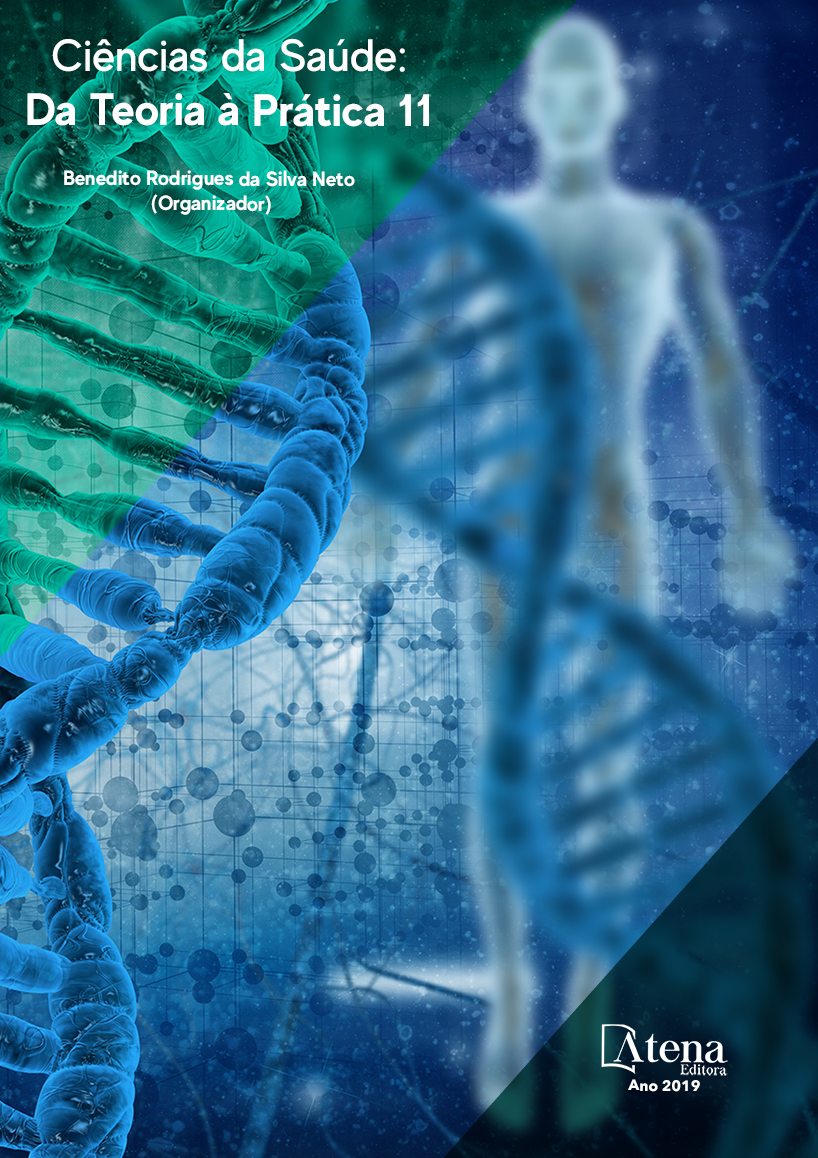
FITOTERAPIA RACIONAL: ASPECTOS TAXONÔMICOS, AGROECOLÓGICOS, ETNOBOTÂNICOS E TERAPÊUTICOS - ANO 2017
A fitoterapia é prática milenar
e apesar do advento dos medicamentos
sintéticos permanece viva na atualidade. No
entanto, com o envelhecimento da população
e a polimedicação, a fitoterapia pode oferecer
riscos, especialmente em relação às interações
medicamentosas, produtos de origem vegetal
falsificados/adulterados e a divulgação de
efeitos milagrosos das plantas, aliados ao
conceito de inocuidade. Contudo, estas
informações nem sempre são acessíveis
à população em geral. Considerando que
Agentes da Pastoral da Saúde são referência
no uso/indicação de Plantas Medicinais (PM)
no município de Criciúma e região, a UNESC
desenvolve parceria com a Pastoral através de
um Projeto de Extensão interdisciplinar visando
a trocas de saberes, populares e técnicocientíficos,
para promover o uso seguro de PM e
a valorização do conhecimento transgeracional.
Os encontros são mensais, no formato de
Roda de Conversa sobre a planta escolhida
pelo grupo e identificada pelo Herbário Pe.
Dr. Raulino Reitz da UNESC. No ano de 2017
foram estudadas dez PM, totalizando 40 usos
medicinais populares na região. Destas PM,
cinco são categorizadas como fitoterápicos
pela ANVISA, as demais se enquadram no
contexto popular, restringindo a prescrição e a
indicação pelos profissionais de saúde. Oito PM
possuem descrição sobre reações adversas e
interações medicamentosas, respectivamente.
Adicionalmente, sete, das dez plantas, possuem
contraindicação, sendo a maioria para gestantes
e crianças. O mesmo número (sete) também
apresentam toxicidade. O projeto como um todo
converge para o aprendizado coletivo, tanto da
academia quanto da Pastoral da Saúde que é
multiplicado na comunidade em que atuam.
FITOTERAPIA RACIONAL: ASPECTOS TAXONÔMICOS, AGROECOLÓGICOS, ETNOBOTÂNICOS E TERAPÊUTICOS - ANO 2017
-
DOI: 10.22533/at.ed.03019130618
-
Palavras-chave: Plantas Medicinais. Extensão Universitária. Educação em Saúde.
-
Keywords: Medicinal Plants. University Extension. Health Education.
-
Abstract:
Phytotherapy is a millenarian
practice and despite the advent of synthetic drugs it remains alive today. However,
with population aging and polymedication, phytotherapy may present risks, especially
regarding drug interactions, fake / adulterated products of plant origin and the
dissemination of miraculous effects of plants allied to the concept of safety. However,
this information is not always accessible to the general population. Considering that
Health Pastoral Agents are a reference in the use / indication of Medicinal Plants (MP)
in the municipality of Criciúma and region, UNESC develops a partnership with the
Pastoral through an Interdisciplinary Extension Project aiming at the exchange of
knowledge, popular and technical- scientific, to promote the safe use of MP and the
valorization of transgenerational knowledge. The meetings are monthly, in the format
of Conversation Circle on the plant chosen by the group and identified by Herbário
Dr. Raulino Reitz researchers from UNESC. In the year 2017, 10 MP were studied,
totaling 40 popular medicinal uses in the region. Five of these MPs are categorized
as herbal medicines by ANVISA, the others are classified in the popular context,
restricting prescribing and indication by health professionals. Eight MPs describe side
effects and drug interactions, respectively. In addition, seven of the 10 plants have
contraindications, most of them for pregnant women and children. The same number
also present toxicity. The project as a whole converges to the collective learning of both
the academy and the Health Ministry that is multiplied in the community in which they
work.
-
Número de páginas: 11
- Silvia Dal Bó
- Roberto Recart dos Santos
- Keli Alves Mengue
- Fernando Oriques Pereira
- Maria Eduarda Alves Ferreira
- Vanilde Citadini-Zanette
- Angela Erna Rossato


